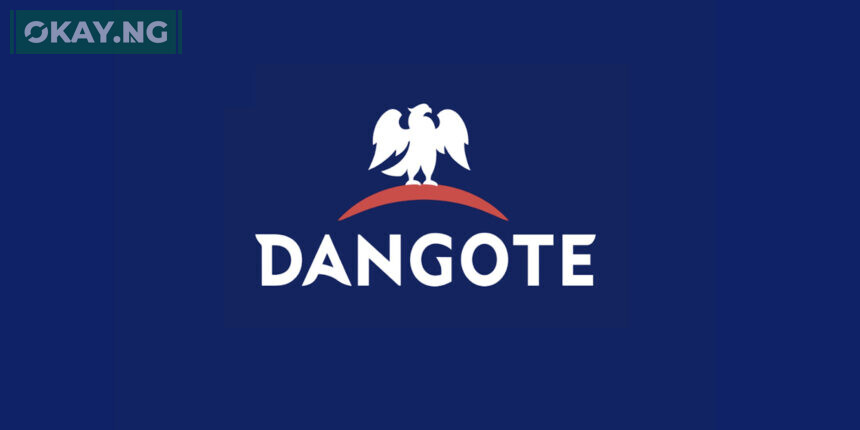Dangote Sugar, one of Nigeria’s leading sugar companies, has witnessed a remarkable surge in its stock value, soaring by an impressive 36.21% in the first half of 2023.
This surge in investor interest can be attributed to the company’s strong earnings, which have consistently delivered substantial returns over the past few years.
According to Kasimu Garba Kurfi, the managing director of APT Securities and Funds Limited, this upward trajectory can be traced back to the exceptional performance of Dangote Sugar in 2022, as well as its first-quarter results in 2023.
In the 2022 financial year, the company witnessed a staggering 46.02% increase in revenue, reaching an impressive N403.24 billion compared to N276.05 billion the previous year.
Furthermore, Dangote Sugar’s profit before tax experienced an astounding growth of 137.72%, surging to N82.30 billion from N34.02 billion in the same period.
The company’s profit after tax also witnessed a significant rise of 148.25%, reaching N54.74 billion from N22.05 billion in 2021.
Despite the substantial tax expense of N27.56 billion, an increase from N11.96 billion in 2021, the company delivered remarkable financial results.
Investors are further enticed by the prospect of generous dividends offered by Dangote Sugar. This practice has prompted many investors, including bargain hunters, to acquire positions in the company’s stock.
Months before the dividend payments are made, investors anticipate cash rewards and later take advantage of the subsequent price appreciation. In 2022, Dangote Sugar announced a noteworthy dividend payout of N12,146,874 to its shareholders.
Although rising costs pose a challenge, Dangote Sugar has effectively implemented cost management strategies to mitigate these effects.
The cost of sales escalated from N225.85 billion in 2021 to N311.28 billion in 2022 due to currency depreciation, increased raw material importation costs, higher distribution expenses, rising diesel prices, and tax obligations.
Nonetheless, the company successfully reduced selling and distribution expenses to N741 billion from N906 billion in 2021.
Additionally, finance costs decreased to N3.42 billion from N5.21 billion, showcasing Dangote Sugar’s commitment to efficient cost management.
Looking ahead, fund managers expect Dangote Sugar to maintain its stellar performance throughout 2023. This optimism is rooted in the impressive first-quarter results and the price gains achieved in the first half of the year.
In Q1-2023, the company recorded an 8.23% increase in revenue, rising from N94.44 billion in Q1-2022 to N102.22 billion.
Profit before tax also experienced notable growth, reaching N18.33 billion from N13.60 billion. Notably, despite an increase in finance costs to N8.05 billion from N3.50 billion, the company effectively contained selling and distribution expenses, which decreased to N174.56 billion from N260.81 billion in Q1-2022.
The cost of sales only marginally rose from N74.98 billion in Q1-2022 to N76.47 billion in Q1-2023, further solidifying Dangote Sugar’s cost containment strategies.
Investor confidence in Dangote Sugar has been bolstered by its commitment to backward integration and its 10-year sugar development plan.
By locally sourcing sugarcane, the company aims to produce 1.5 million metric tonnes per annum. To achieve this, Dangote Sugar has allocated substantial resources to its subsidiaries, including Dangote Sugar Taraba Limited, Dangote Sugar Nassarawa Limited, and Dangote Sugar Adamawa Limited.
The company plans to expand its sugar refining capacity from 3,000 tonnes per annum to an impressive 9,000 metric tonnes.
As part of its backward integration project, Dangote Sugar intends to increase its sugar plantation from 8,700 hectares in 2022 to approximately 24,200 hectares by 2030.
In addition, the company has implemented robust risk management strategies and sustainability plans to safeguard investor capital amidst global economic uncertainties.
Recognizing the importance of transparency, Dangote Sugar’s Board of Directors has established a top-notch corporate governance culture to assure shareholders of the company’s commitment to ethical practices and accountability.









